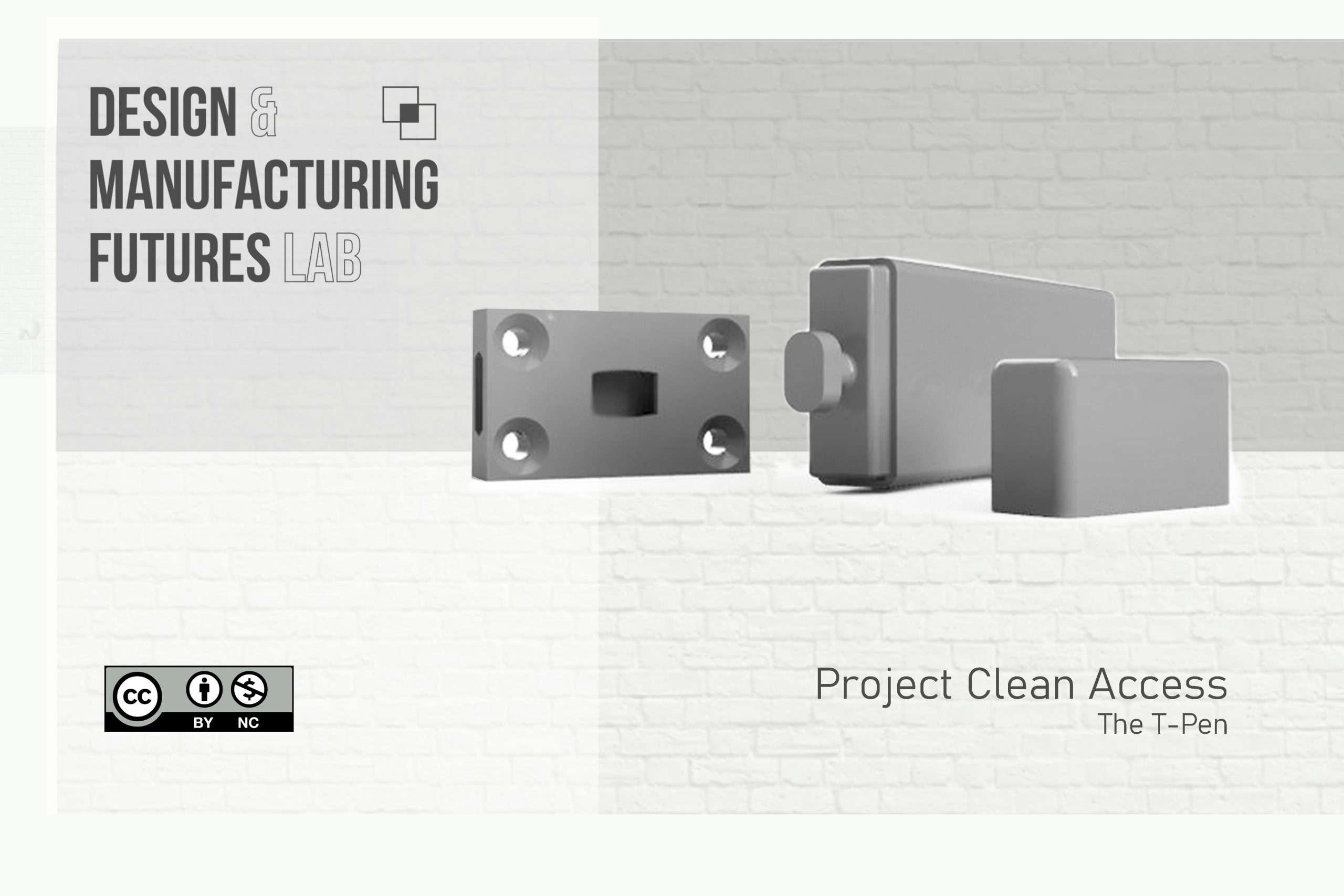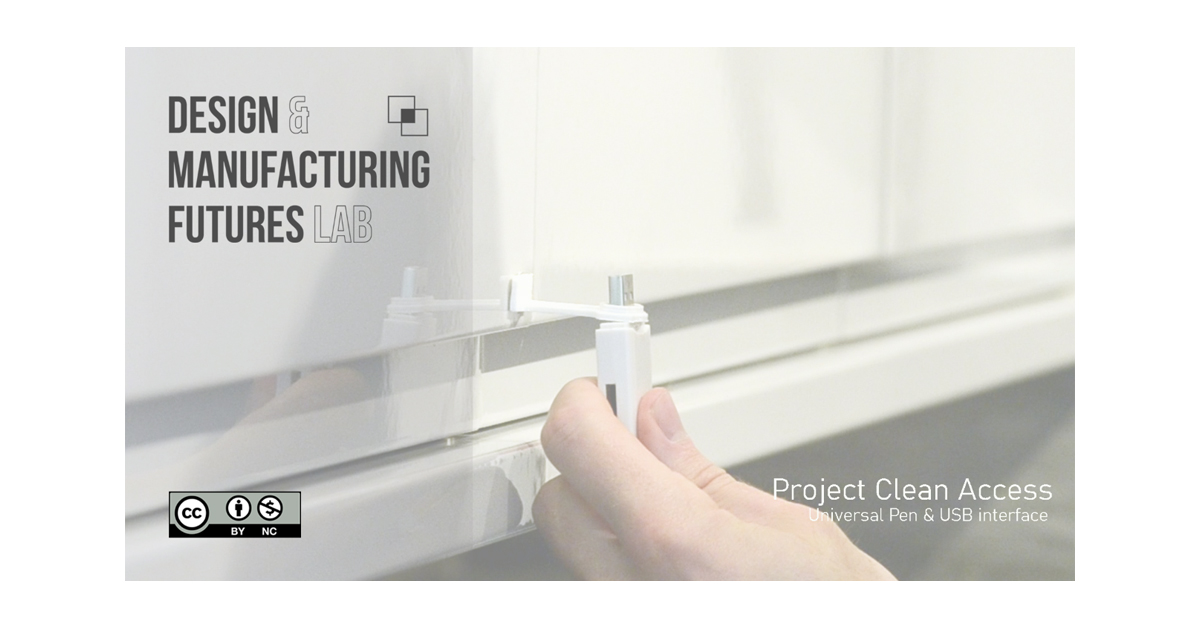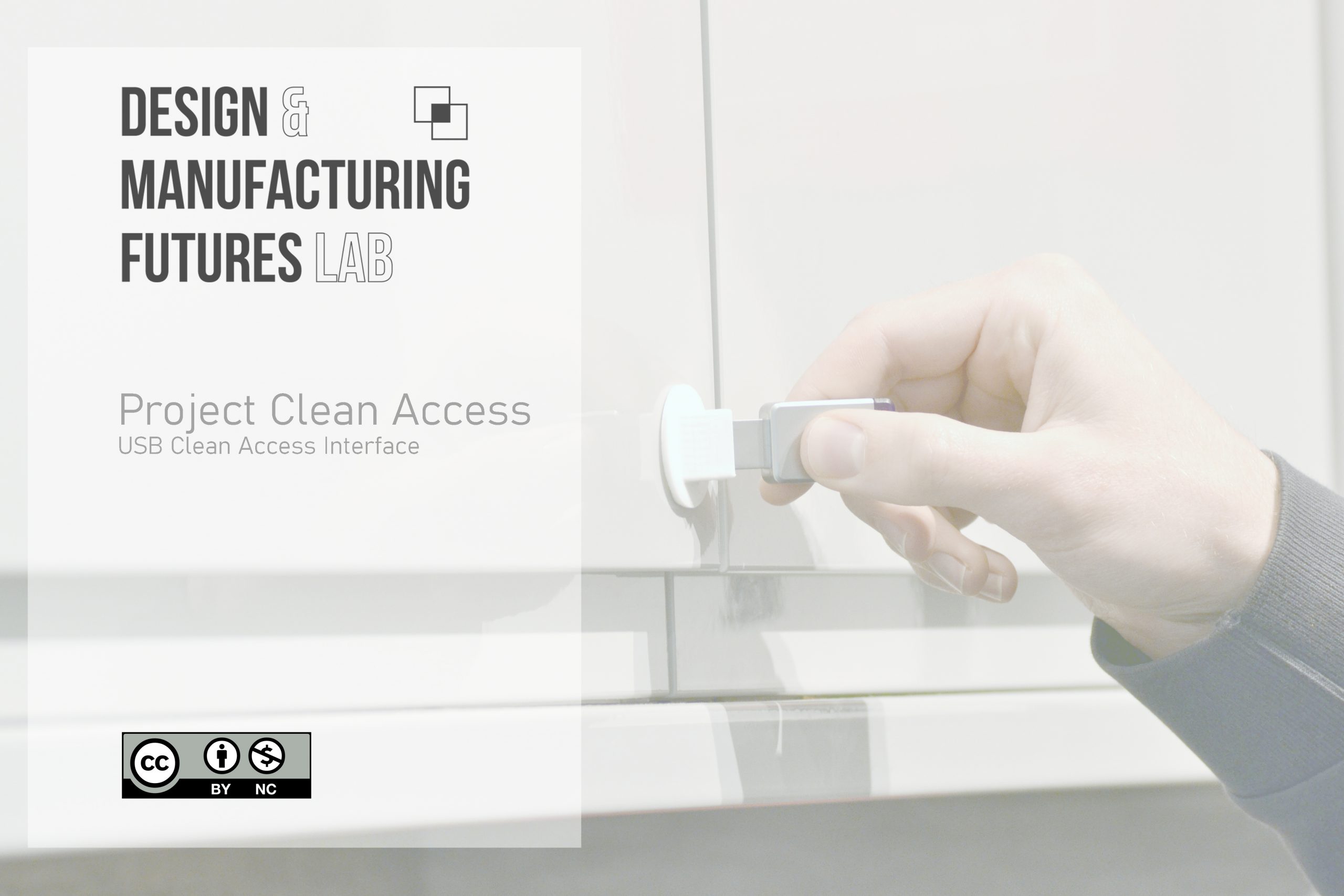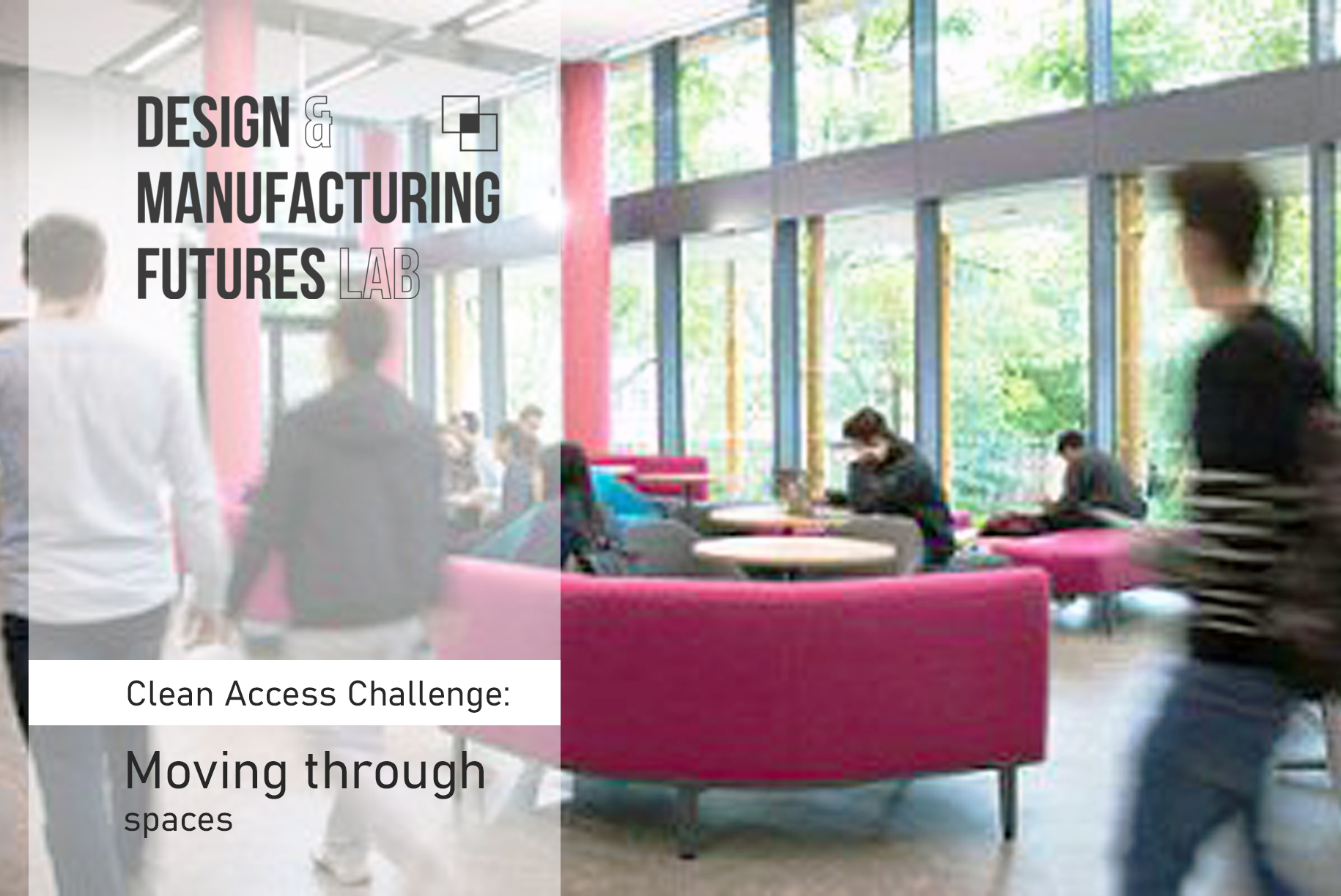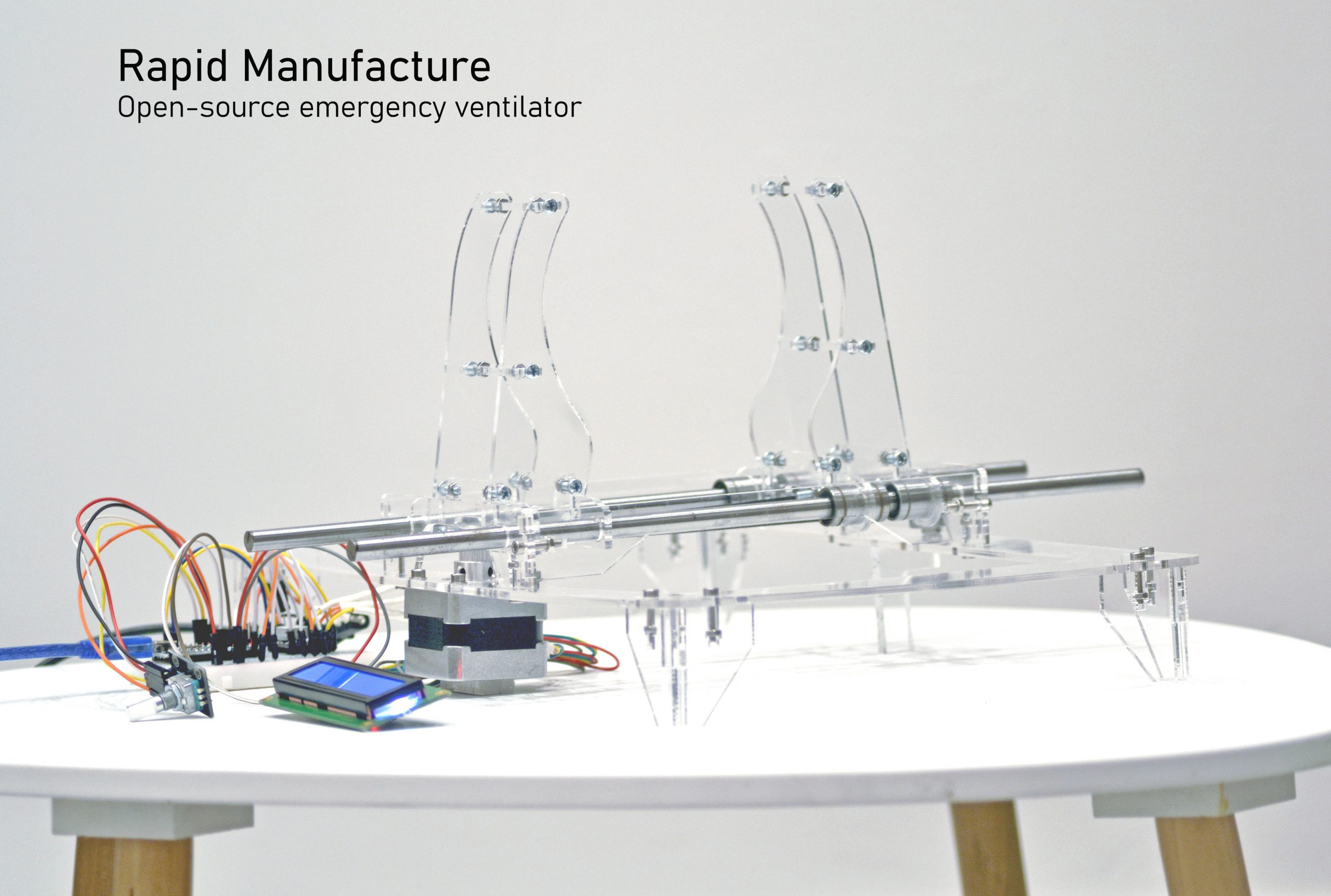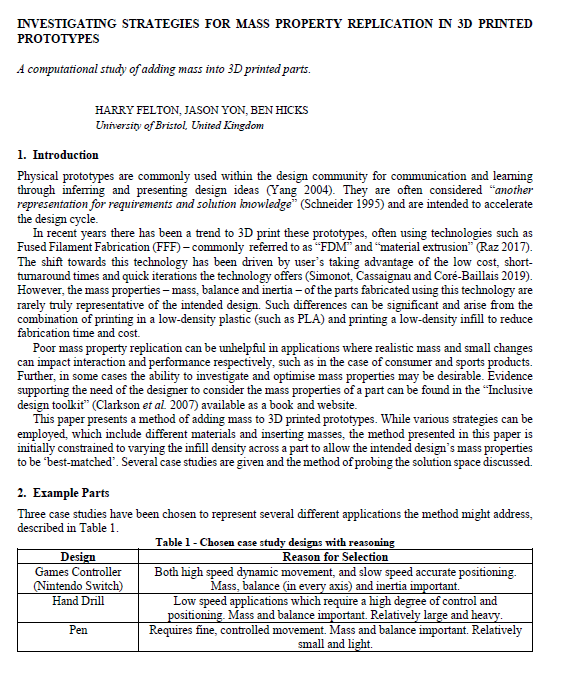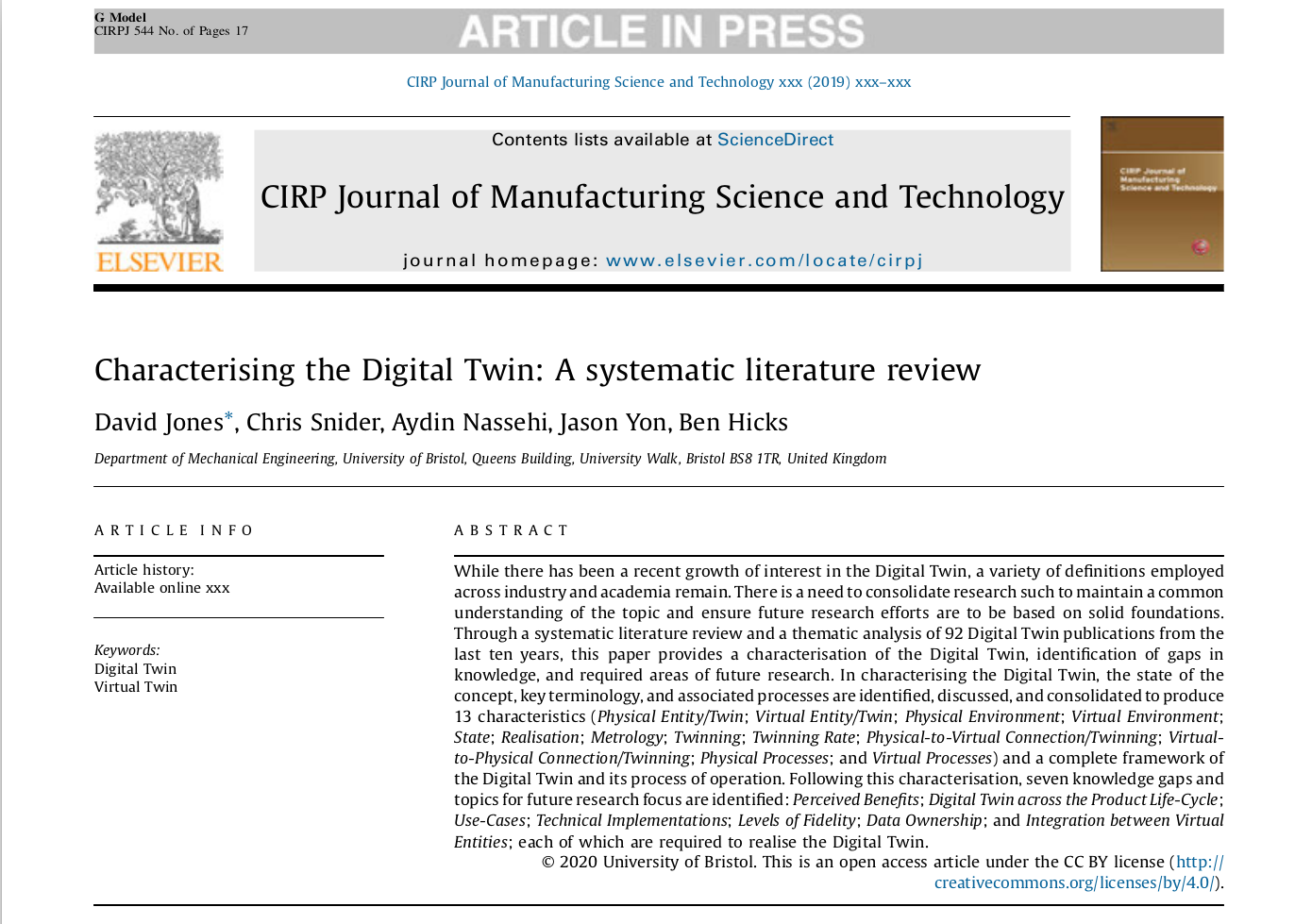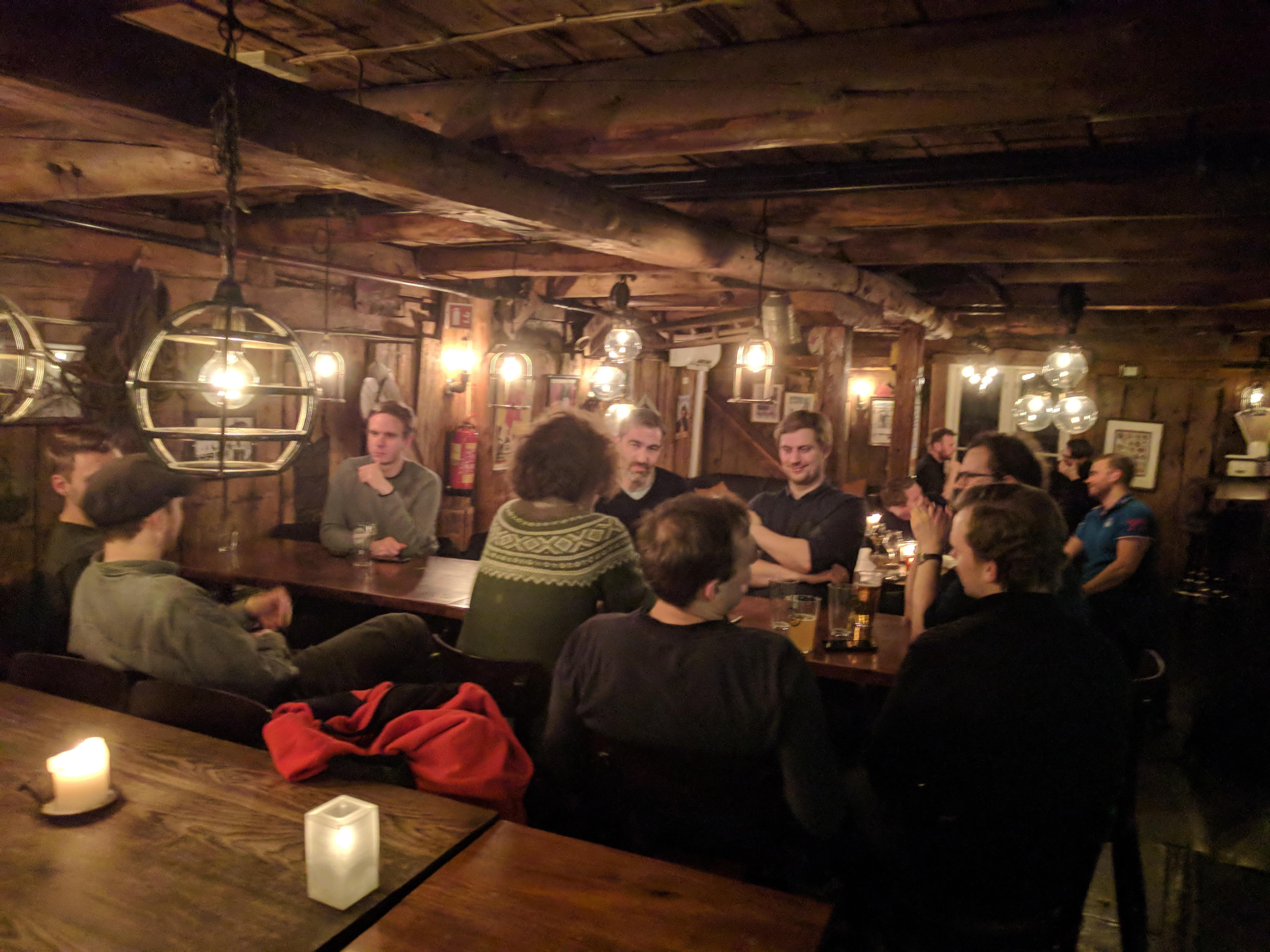The T-Pen
The T-Pen design features a dongle with a “T” shaped head that allows the user to apply force in 3 axes to an adapter. The concept is for each person to have a T-Pen that is capable of working in adapters placed around a workplace, home, shop etc.. This would allow people to open doors and operate mechanisms without touching a surface someone else may have come into contact with – breaking the COVID-19 transmission path. A lid is also provided to allow the pen to be covered when not in use.
Read more >
